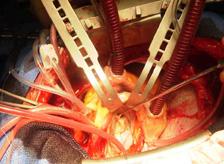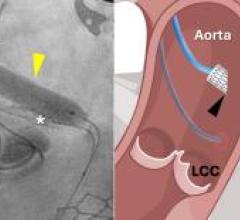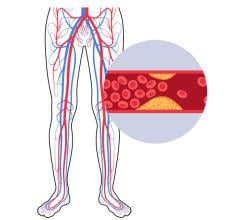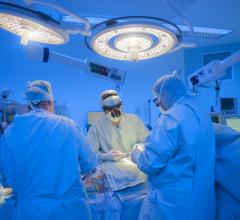
February 9, 2010 – Off-pump bypass surgery, or “beating heart surgery,” was developed in hopes of creating a safer way to fix cholesterol-clogged coronary arteries. But a major new study suggests that off-pump bypass surgery doesn’t quite measure up to the traditional operation, in which the heart is stopped during the procedure and a heart-lung machine pumps blood through the body, reports the February 2010 issue of the Harvard Heart Letter.
Early reports about off-pump bypass surgery indicated the operation caused less confusion and memory loss afterward, problems that were attributed to the use of the heart-lung machine. Some later, larger, and longer studies supported these findings, while others didn’t. Now, results from a large head-to-head comparison trial are bringing some clarity to the hot debate over which procedure is better.
In the trial, men and women needing bypass surgery were randomly assigned to the on-pump or off-pump operation. At 30 days after the procedure, the results were almost identical — similar numbers of deaths, strokes, and cardiac arrests. One key difference was that 18 percent of the off-pump group ended up getting fewer grafts than planned, compared with 11 percent of the on-pump group. A year later, 9.9 percent of the participants in the off-pump group had died, had a heart attack, or needed another procedure, compared with 7.4 percent in the on-pump group. And participants in both groups scored the same on tests designed to assess memory and thinking skills.
The Harvard Heart Letter notes that off-pump surgery clearly isn’t better than traditional bypass surgery, and on-pump bypass sometimes yields a better or more durable fix. The skill and experience of the surgeon and operating team are probably more important than the type of bypass surgery performed.
For more information: www.health.harvard.edu


 January 15, 2026
January 15, 2026 









